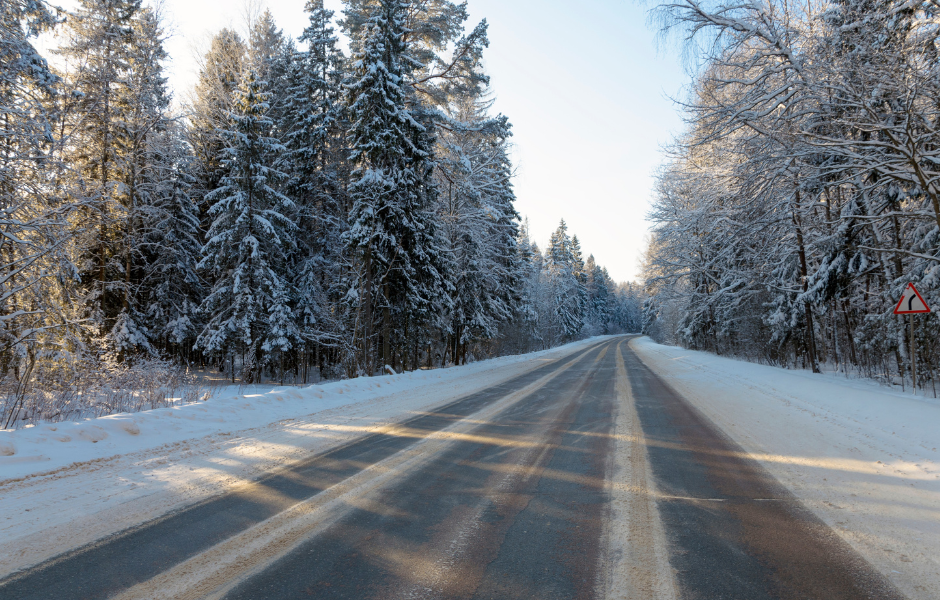
Tips for Winter driving in the UK
Released On 11th Dec 2023
Advice from member business.
Winter driving in the UK can be challenging, especially when the roads are icy or covered in snow. Here are some tips to help you stay safe on the road:
Check the weather forecast and road conditions before you start your journey and make sure your car is in good condition and has enough fuel. Check the oil, brakes, tyres, and battery. Also, ensure that the windscreen wipers and lights are working correctly. Before you set off.
In icy or snowy conditions, it’s essential to drive smoothly. Accelerate and decelerate gently, avoid sudden movements. Use low gears to maintain traction and avoid skidding. Keep a safe distance from other vehicles, and avoid overtaking.
Carry a winter emergency kit in your car, including a blanket, shovel, torch, and food and water. Also, wear warm clothes and comfortable shoes.
Drink driving is a serious offence that can have devastating consequences for yourself and others. Drink driving can impair your judgement, reaction time, coordination and vision, making you more likely to cause or be involved in an accident. Drink driving can also result in legal penalties, such as fines, points, disqualification, imprisonment or even death.
The legal alcohol limit for driving in the UK is 80 milligrams of alcohol per 100 millilitres of blood,35 micrograms per 100 millilitres of breath or 107 milligrams per 100millilitres of urine3. However, the effects of alcohol vary depending on many factors, such as your weight, age, gender, metabolism, food intake, medication and mood. Therefore, it is not possible to say how much you can drink and still be safe to drive. The safest option is to avoid drinking any alcohol if you are planning to drive or have to drive the next day.
Firstly, make sure you are safe and do not put yourself in danger. Only stop if it is safe to do so and use your hazard warning lights to alert other drivers. Do not smoke or allow anyone else to smoke near the scene of the accident. Check if anyone is injured and call an ambulance if needed. Do not move an injured person unless it is dangerous to leave them where they are. If you are trained in first aid, you can assist the injured by following the ABC code: clear their airways, stop any bleeding, and keep their circulation going. If you are not confident in your first aid skills, just offer comfort and support until the emergency services arrive.
If you are involved, exchange details with anyone else involved in the accident, including name, address, car registration number and insurance details. You should also take photos of the scene and the damage if possible. If the police are not at the scene, you should report the accident to them as soon as possible.
If you are a witness to the accident, you may be asked to give your name and contact details to the police, the insurance company or the solicitor of someone involved in the accident. You are not legally obliged to do so, but it may help to resolve the case and provide justice for the victims. You should also write down a detailed account of what you saw as soon as possible, as your memory may fade over time.






